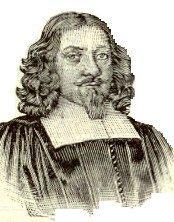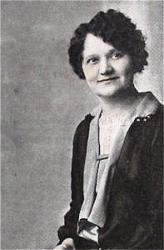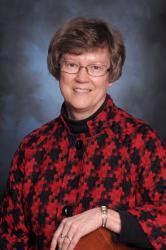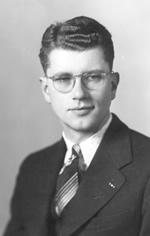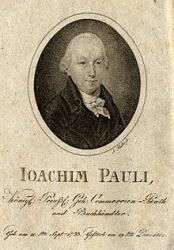1753 - 1831 Author of "Wenn der Herr einst die Gefangnen" in Evangelisches Gesangbuch Bürde, Samuel Gottlieb, was born Dec. 7, 1753, at Bresiau, where his father was keeper of St. Barbara's Church. After studying law at the University of Halle, he was (1776-78) tutor and superintendent of a charity school at Breslau. He then became private secretary to the Cabinet minister von Haugwitz, was for two years employed in the department of Forestry, and after being for some time secre¬tary to the department of Finance at Breslau, was appointed member of the Aulic Council and Director of Chancery at Berlin, where he d. April 28, 1831 (Koch, vi. 319-322; Allg. Deutsche Biographie, iii. 581-82. Fischer, ii. 432, says he died at Breslau).
As a hymn-writer he was by some of his contempo¬raries reckoned nearly equal to Gellert, by others as superior. Of the some 100 hymns which he composed, the best appeared in his Geistliche Poesieen, Breslau, 1787, and his Geistliche Gedichte, Breslau, 1817. Five have been translated into English.
Those in common use are:—
i. Steil und domicht ist der Pfad. [Christian Warfare.] 1st published 1787 as above, p. 24, in 5 stanzas of 6 lines, entitled "The Lord's Warrior." Included, as No. 1908, in Knapp's Evanglischer Lieden-schatz, ed, 1865. Translated as:—
1. Steep and thorny is the way To our home. A good and full translation by Miss Cox in her Sacred Hymns from the German, 1841, p. 109. Stanzas i.-iv., altered and adapted to St. Simon and St. Jude are No. 146 in Rorison's Collection, 1851. Revised for Lyra Eucharistica, 1863, p. 207, and her Hymns from the German, 1864, p. 175.
2. Steep and thorny is the way Leading on. Good and full translation contributed by Edward Jackson as No. 189 to Dr. Hook's Church School Hymn Book, 1850, and repeated as No. 319 in Mercer's Church Praise & Hymn Book, 1855 (Ox. edition, No. 200), and in Robinson's Parochial Psalter, 1860 and 1869.
Other translations are:—
(i) “Lo! steep and thorny is the road," by Lady E. Fortescue, 1843 (1847, p. 45). (2) "Steep and thorny is the way On to life," by Dr. H. Mills, 1845 (1856, p. 157).
ii. Wenn der Herr einst die Gefangnen. [Consolation] Founded on Ps. exxvi. 1787 as above, p. 61, entitled "Longing after the Liberty of the Children of God," in 3 st. of 8 1. In Knapp's Evangelischer Leider-Schatz, 1837, No. 2402 (1865, No. 2103). It is translated as:—
When the Lord recalls the banish'd. A good and full translation by Miss Winkworth in her Lyra Germanica, 2nd Series, 1858, p. 227, repeated in her Chorale Book for England, 1863, No. 199. Included in Ken¬nedy, 1863, Flett's Collection, Paisley, 1871, the Ohio Lutheran Hymnal, 1880, and others.
His hymns not in English common use are:—
iii. Der Frühling ist erschienen. [Spring.] First published 1817 as above, p. 118, as No. 5 of the "Edifying Hymns for Country People," in 5 stanzas. Translated as “Tis Spring, the time of singing," by Miss Burlingham, in the British Herald, May, 1866, p. 264, repeated as No. 405 in Reid's Praise Book, 1872.
iv. Nicht mehr als meine Krafte tragen. [in Sickness.] 1787 as above, p. 71, in 5 stanzas. Translated as "Not more than I have strength to bear," by Miss Warner, 1858 (1861, p. 478).
v. Wir wallen Pilger allzumal. [Pilgrimage of Life.] 1787 as above, p. 13, in 12 stanzas. Translated as “We are but pilgrims here below," by Dr. H. Mills, 1845. [Rev. James Mearns, M.A.]
-- John Julian, Dictionary of Hymnology (1907)
Samuel Gottlieb Bürde
